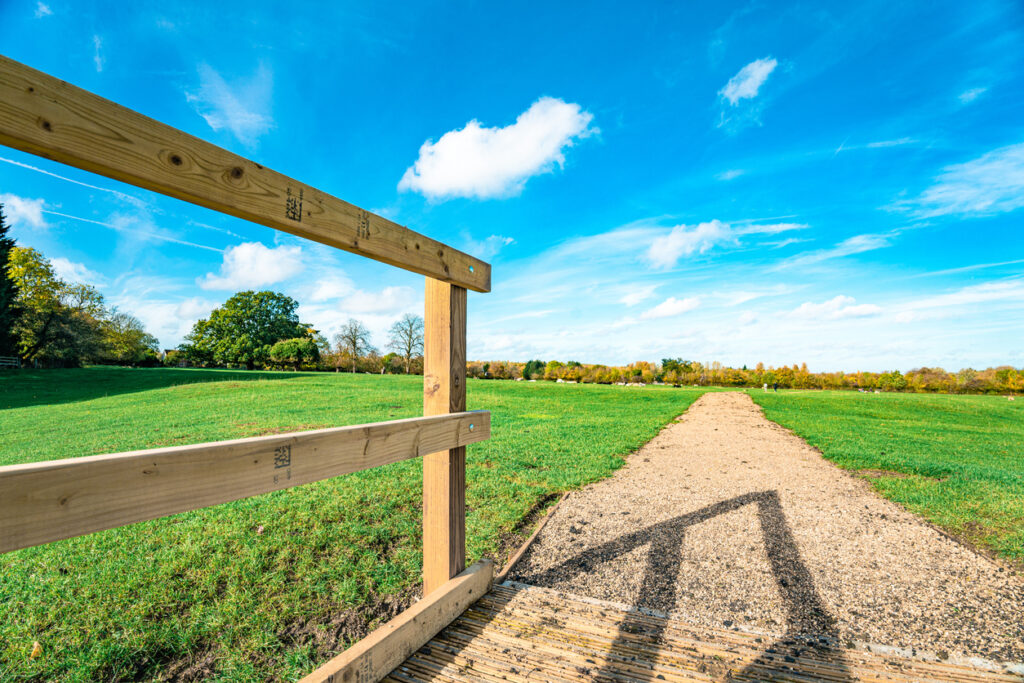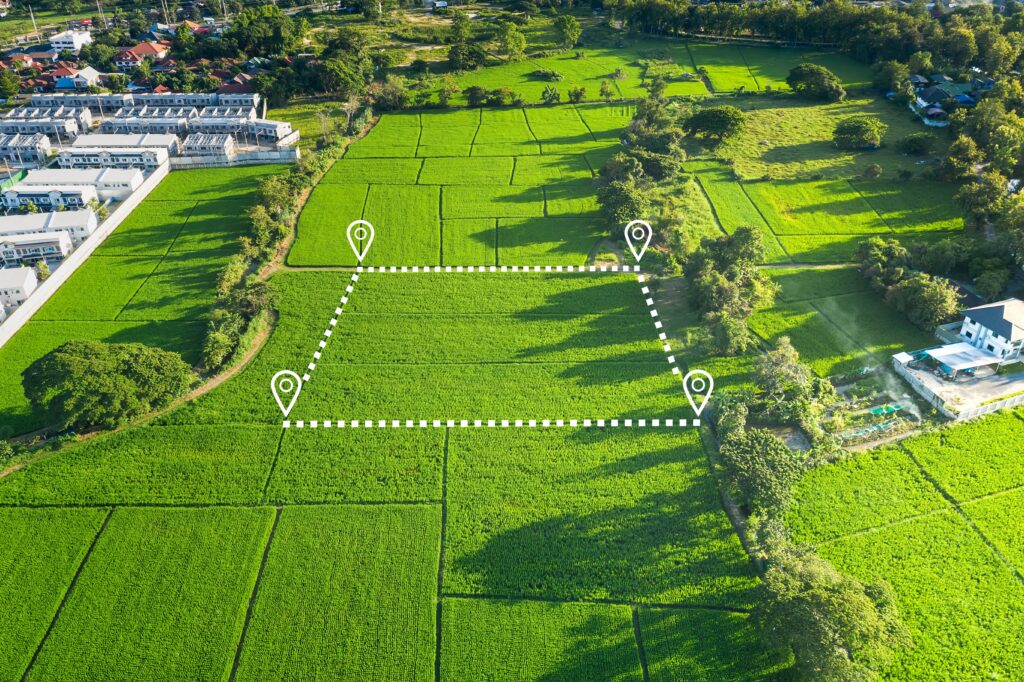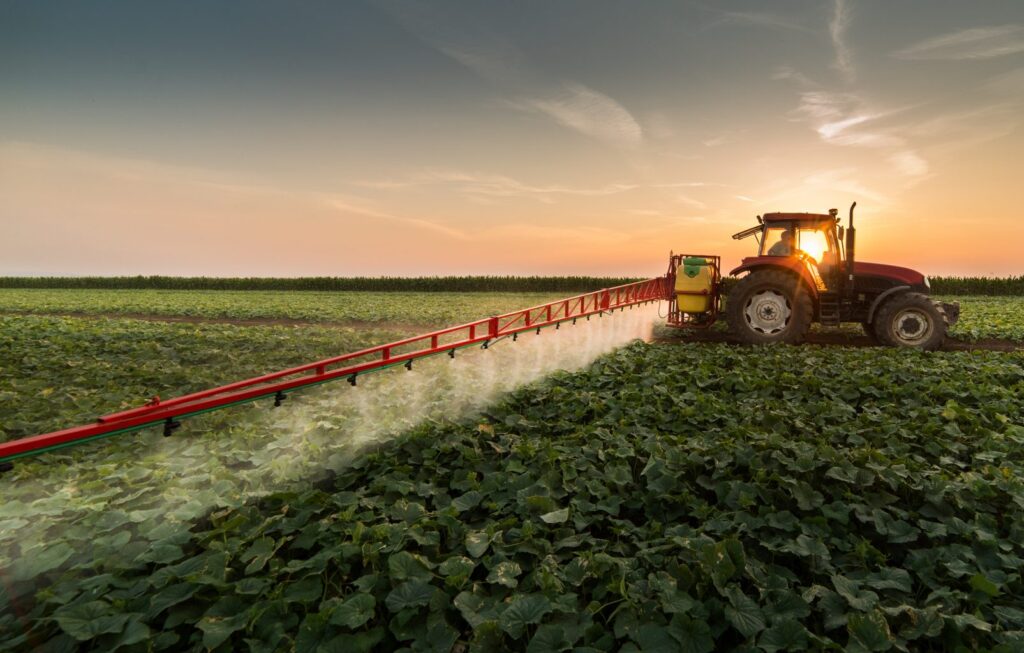More than ever, landowners are opening their land to the public for additional income through ventures such as wine tours, visitor centres, campsites, and festivals. With the summer nearly with us we take a look at the important implications in allowing such increased access due to a little-known law.
Law for Driving on a Private Road
In the UK, driving on private roads is subject to a mix of common law responsibilities and specific provisions under the Highways Act 1980. While truly private roads fall outside the scope of most public road regulations, legal responsibilities shift significantly when access is extended to the public.
Responsibilities on Private Land
Where a private road is used only by the landowner and invited guests, there is no legal obligation to maintain the road beyond general duties under negligence law. However, if a member of the public is injured due to an identifiable hazard, the landowner could still be held liable.
When Public Access Triggers Legal Duties
If public access to a private road becomes regular—such as for events, farm shops, cafés, or campsites—the road may begin to attract the characteristics of a public highway. This can create new responsibilities, including:
- Keeping the road surface in a safe condition
- Displaying appropriate signage (e.g. speed limits, warning signs)
- Ensuring that only licensed and insured drivers can access the route
Risk of Becoming a Byway (BOAT)
Prolonged public use of a private road can, over time, lead to it being classified as a Byway Open to All Traffic (BOAT). This grants the public permanent access rights and may severely restrict how the landowner can use or alter the road. It can also trigger ongoing obligations to ensure the route is safe and accessible.
Managing Liability and Access
To reduce the risk of liability or reclassification, landowners should:
- Install clear signage marking the road as private
- Restrict public access to defined times or events
- Use contracts or ticket terms to set out conditions of use
- Undertake regular risk assessments and maintenance
- Notify insurers if the road is open to public traffic
Insurance Considerations
If a private road is used frequently by the public and this is not disclosed to insurers, any existing cover may be void in the event of an incident. Landowners should proactively review and update policies to reflect the actual use of the road.
Financial and Legal Impact
Compliance with relevant legal obligations can incur significant costs. These may include surface repairs, signage installation, or legal advice. Any land-based enterprise that relies on public access should factor these potential liabilities into its financial planning.
Frequently Asked Questions
What Responsibilities Do Landowners Have for Private Roads?
Landowners have minimal responsibilities for private roads, ie those roads that run across privately owned land and have no obligations to maintain them or keep them hazard-free beyond general negligence laws. However, regular public access can invoke elements of the Highways Act 1980, e.g. necessitating signage, road maintenance, and restricting usage to licensed drivers.
How is ‘Regular’ Public Access Defined?
The definition of ‘regular’ public access is ambiguous, often determined on a case-by-case basis. Landowners must assume that frequently used private roads risk being classified as semi-public highways.
What Precautionary Steps Can Minimise Risk?
To minimise risk, landowners should identify roads that could be deemed semi-public and place no entry notices on private roads branching off them. This turns unauthorised public use into trespass, therefore reducing liability.
Can Public Access Be Limited by Time?
Yes, public access can be limited to specific times, such as during a café’s opening hours. Signage at road entrances should indicate these times. For pre-booked attendance, ticket and contract terms can impose limitations to minimise liability.
What are the Risks of Roads Becoming Byways Open to All Traffic (BOAT)?
While the risk of council compulsory adoption of semi-public roads has decreased, prolonged usage may lead to roads being classified as BOATs, creating public paths/rights of way. This imposes severe restrictions on landowners, such as ensuring free-roaming animals do not endanger ‘road’ users.
How Can Landowners Show Compliance and Protect Against Negligence?
Landowners should conduct a risk assessment to classify all their roads and for those accessed by the public, identify potential issues and hazards. This includes keep paths clear by cutting back shrubbery, fixing potholes, and installing necessary signage. They should take reasonable steps to mitigate identified risks, which may involve limiting road use by dangerous farm machinery.
What Are the Financial Implications of Compliance?
Compliance with the Highways Act can be costly. Landowners should factor these expenses into the costs of any new ventures aimed at attracting the public.
Does Public Access Affect Insurance?
Landowners should inform their insurance providers if they believe their roads may be deemed semi-public. Insurance based on a private road status may become invalid if the road is reclassified after an accident.
How Can Landowners Navigate Legal Risks?
With more estates opening to the public, and farms diversifying their revenue streams, landowners could face new legal challenges. Awareness and proactive management of these issues are crucial, as ignorance of the law is rarely a successful defence.







